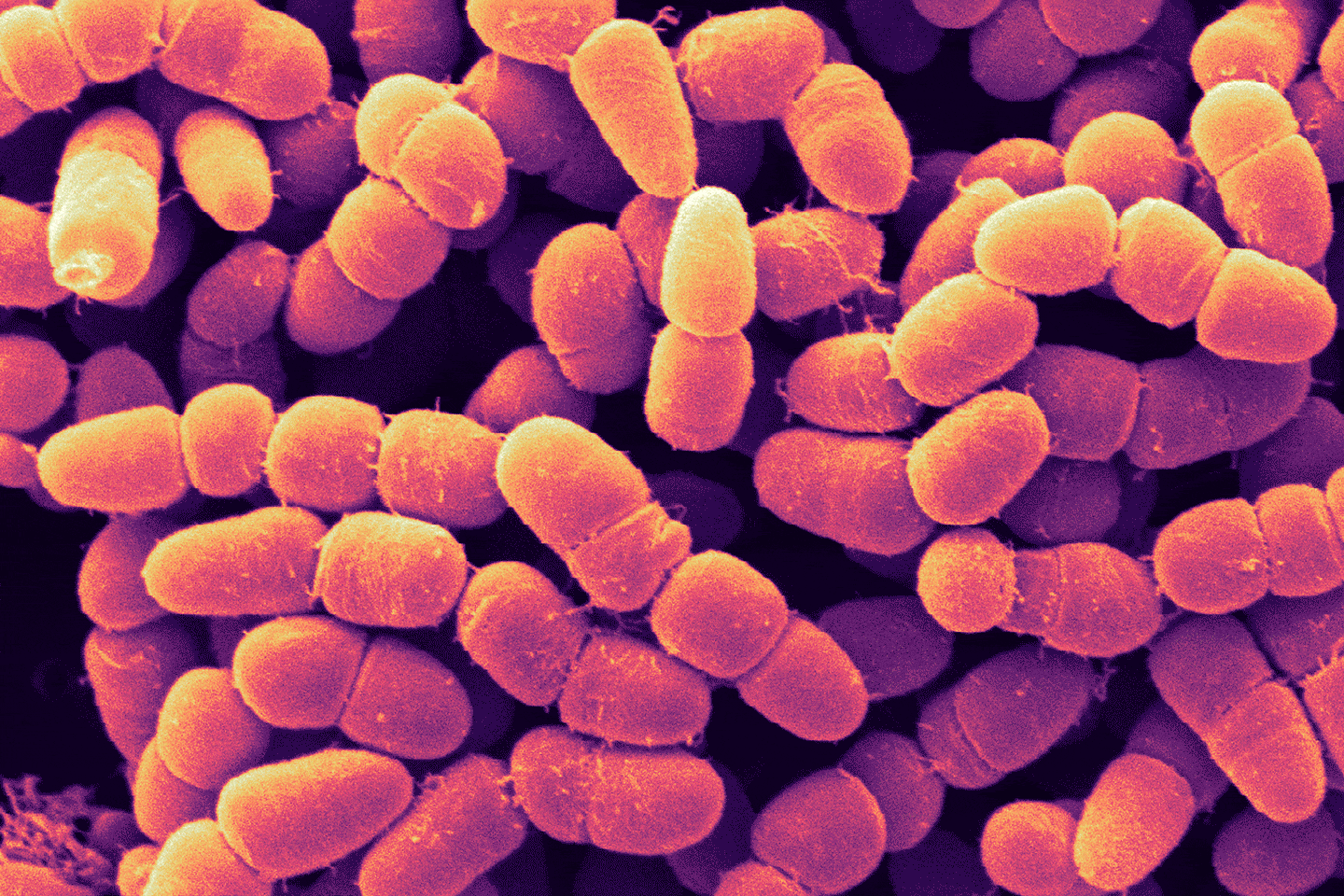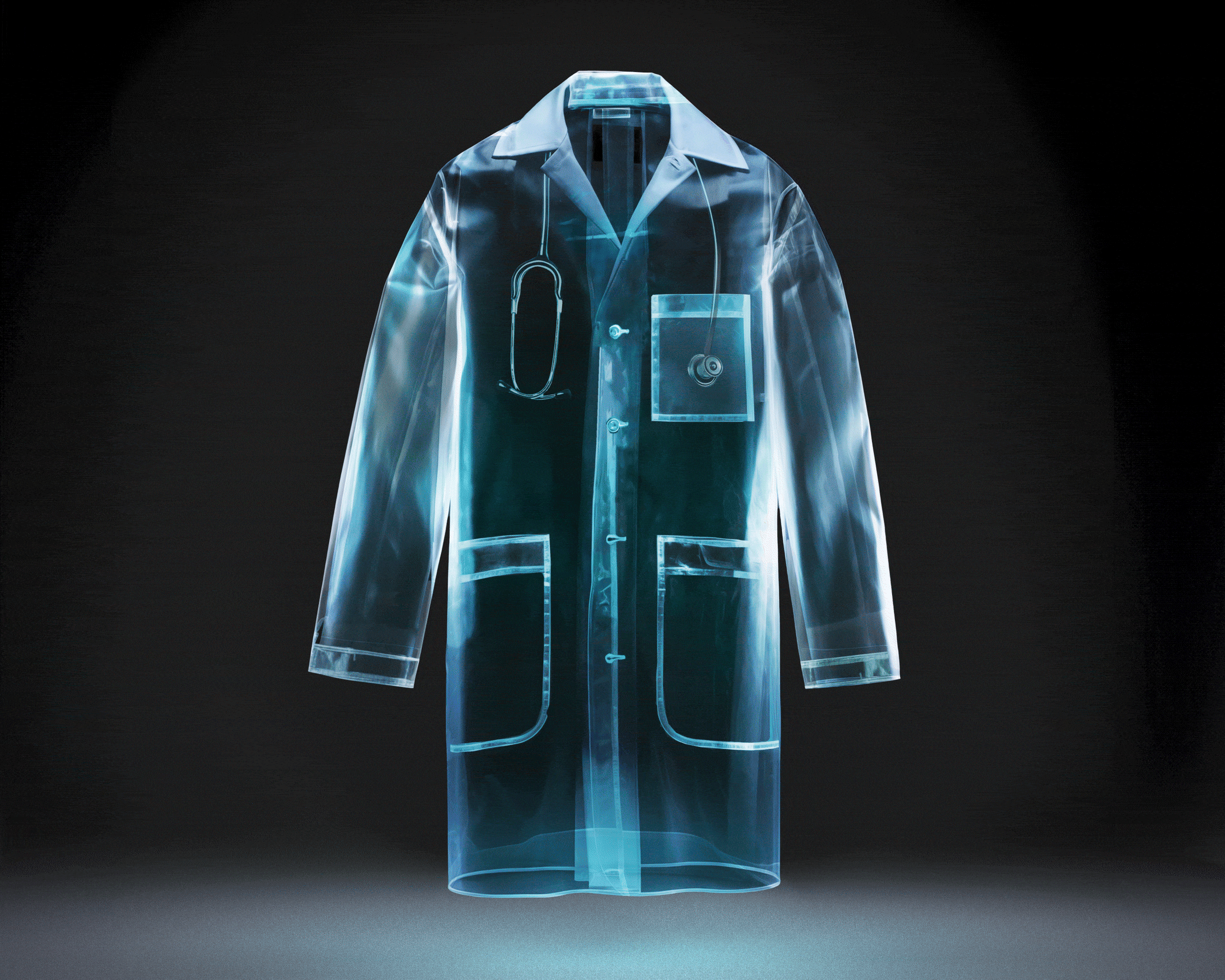The link between dementia and neuroplasticity inspires researchers to test psychedelics as a potential treatment for cognitive impairment.
Psychedelics and dementia are an unlikely pair. Psychonauts in the 1960s and 1970s were young anti-establishment hippies and freethinkers, not older adults in the early stages of Alzheimer’s. Yet psychedelic researchers are testing the possibility that a hallucinogenic trip—with all its cognitive distortions—could one day be among the therapies offered to people with Alzheimer’s disease, Parkinson’s disease, dementia, and other types of cognitive decline.
Despite recent reports that an off-duty pilot on an Alaska airlines flight tried to hijack and crash a plane on a flight from Washington to California after ingesting magic mushrooms, psilocybin, in general, has a solid safety profile. Numerous clinical trials have shown great promise for treating depression, a condition that dementia researchers believe may cause the same types of nerve cell damage as occurs in the early stages of neurodegenerative disorders.
But where there is growing evidence of psilocybin’s benefits for depression, there is almost no information about the impact of psychedelics on dementia. Some scientists are intrigued.
Few options as dementia advances
When it comes to Alzheimer’s therapies, progress has been minimal, according to Albert Garcia-Romeu, a psychopharmacologist at Johns Hopkins. “It’s a growing problem, just because the wave of people who are aging and then getting these conditions is growing by the year,” he says.
Scientists observed plaque in the brains of people who died with dementia in 1906, but didn’t identify the primary protein in them, beta-amyloid, until 1986. The first drug for Alzheimer’s wasn’t approved until 1993. Today, there are just a handful of medications available: cholinesterase inhibitors to slow disease progression, drugs like aducanemab and lecanemab designed to reduce amyloid buildup and clumping, and just one drug for easing the symptoms of moderate to severe Alzheimer’s. Nothing yet can reverse the disease.
In 2019, scientists in Greece analyzed 200 failed clinical trials in Alzheimer’s drug development after a 16-year dry spell. Along with common research plagues like selecting the wrong treatment target or an inappropriate dose, they spotlighted a barricade: By the time people with Alzheimer’s are symptomatic, it may be too late to treat them effectively. Damaging brain changes likely begin a decade or more before symptoms appear.
If taking psilocybin increases neuroplasticity, could it also slow nerve cell degeneration?
People with Parkinson’s, similarly, have typically lost about 70 percent of their dopamine-producing nerve cells by the time they are diagnosed. Scientists like Ellen Bradley, a psychiatrist at the University of California, San Francisco, agree that regrowing these neurons is unrealistic—the only hope is to intervene before cell death occurs. That might mean learning to detect the disease when the only sign is a shift in mental health.
“We don’t think it’s the case in Parkinson’s that mood dysfunction is just a reaction to having a neurodegenerative disease,” she says. “I think it’s related to the actual pathophysiology of the disease.” She has a few hypotheses about the link, including a theory that neurodegeneration is caused by a lack of neuroplasticity, a kind of dysregulation that leads to nerve cell death. Because psychedelics are known to increase synaptic activity, she’s now studying psilocybin as a Parkinson’s treatment in people with early stages of the disease who can still consent.
If taking psilocybin increases neuroplasticity, could it also slow nerve cell degeneration? With so few treatment options for Parkinson’s, Alzheimer’s, and other forms of dementia, it’s a theory she’s willing to test.
Carefully selecting candidates
In the pool of psychedelic researchers, some of whom revere these substances more than others, Garcia-Romeu is among those who hope that if psychedelic treatments are found to be safe and effective, anyone who wants to access psychedelics for medical reasons will one day be able to.
“Some people might liken the psychedelic experience to other profound experiences we can have, such as having sex,” he says. “In that sense, it’s something that many people may find highly valuable or want to explore.” But he also points to possible clinical benefits for everything from anorexia nervosa to dementia to depression to Lyme disease to the day-to-day reduction of pain, fatigue, inflammation, and anxiety—potential indications for which psychedelics still need to be tested.
Yet he also acknowledges that psychedelic experiences can be disorienting, frightening, and emotionally intense. “It’s just not something that everybody wants to go through,” he says. So far, Garcia-Romeu has tested psilocybin on just a handful of people with early-stage Alzheimer’s or mild cognitive impairment. Many are brought in by their Millennial or Gen X adult children, for whom psychedelics are becoming commonplace and less stigmatized than in decades past.
That family connection is important. Memory loss can be a challenge for those self-reporting symptoms. Garcia-Romeu now requires each study participant to work with a loved one who can better remember the participants’ experiences. These accounts often differ, a challenge for researchers.
Participants “might come and say, ‘Yeah, I think I’ve been feeling pretty good lately,’” Garcia-Romeu says. “And then the spouse will say they’ve been crying every day for the last month.”
“The reason that I think they’re so exciting is because it’s not just masking disease symptoms anymore but directly addressing the pathophysiology of the disorder.”
Currently, Garcia-Romeu’s study protocol matches the current U.S. norm for psychedelic-assisted psychotherapy. With an emphasis on proper “set and setting,” mental health clinicians carefully screen participants, sit with them for reassurance and guidance during the hours-long trip, and offer psychological support afterward as people process their experience. It’s too early to say if the results will show benefit for the people with dementia who are enrolled in the study—or for that matter if their experience is much different from anyone who does not have dementia. So far the only observation they have shared is that the people with dementia generally don’t remember a thing about the trip.
First, he must establish whether taking enough psilocybin to experience its hallucinogenic effects is safe, and he’s starting with people with early Alzheimer’s or mild cognitive impairment.
Garcia-Romeu, like many researchers, works with synthetic psilocybin. Doses from 15–25 milligrams of this lab-made hallucinogen are roughly equivalent to 3–5 grams of natural, dried psilocybin mushrooms. (Wild mushrooms that contain psilocybin have varying amounts of it, so doses can only be roughly compared.) Garcia-Romeu called synthetic doses in the 20–30 milligram range the “sweet spot” for therapeutic benefits.

Rebuilding synaptic connections
David Olson, a chemical neuroscientist at the University of California, Davis, has a similar theory. Like Bradley, he sees a potential to approach Alzheimer’s similarly to the way depression is treated. His theory is that these therapies, whether they’re antidepressants or psychedelics, modulate the growth of nerve cells in the cerebral cortex.
“Damaged neural circuits in Alzheimer’s disease contribute to its symptoms,” he says, “much like the damaged neural circuits in depression contribute to the symptoms.” He hopes that boosting the activity of those cortical neurons could improve neuroplasticity, allowing damaged neurons to heal.
“The reason that I think they’re so exciting,” Olson says of psychedelics, “is because it’s not just masking disease symptoms anymore but directly addressing the pathophysiology of the disorder, which is the atrophy of these neurons.”
There’s no hope, he says, for dead cells, but there is hope if you catch the disease early enough. If the brain with its synaptic connections is like a tree, Olson says, “when you’re just retracting branches, you can regrow those branches and potentially reverse certain aspects of the disease’s symptoms.” Like all research on psychedelics and dementia, Olson’s studies are still in the earliest stages.
For now, the biggest outstanding question is: What are the mechanisms behind how psychedelics like psilocybin work? Some scientists and Indigenous communities believe the hallucinogenic experience of the trip is critical to any healing that might occur afterward. Others feel psychedelics spark a neurobiological process of reestablishing synaptic connections between neurons that allows damaged cells to heal, much the way a bone knits itself back together while the limb rests in a cast, Olson says, suggesting that a hallucination may not be required for a therapeutic effect.
There are still more theories about whether and how psilocybin or any psychedelic could stave off dementia and whether it’s even ethical to test them on people with cognitive issues. How do you obtain informed consent from someone deep in the throes of Alzheimer’s, for instance? For people with dementia, answers are further away and likely more complex than work pursuing psychedelics for depression, anxiety, and post-traumatic stress disorder. Lower-risk research on younger adults still dominates the psychedelic research arena.
But in the crush of research activity driving toward the first FDA-approved synthetic psychedelic (esketamine, though hallucinogenic, isn’t technically a hallucinogen), it’s more likely a matter of when such a drug is approved—and what condition it might treat—than whether it will happen at all.
Editor’s note: This article was updated on 12/15/23 to more accurately reflect Garcia-Romeu’s views in the 10th and 11th paragraphs and to correct an inaccurate description of the study described in the 15th paragraph.













